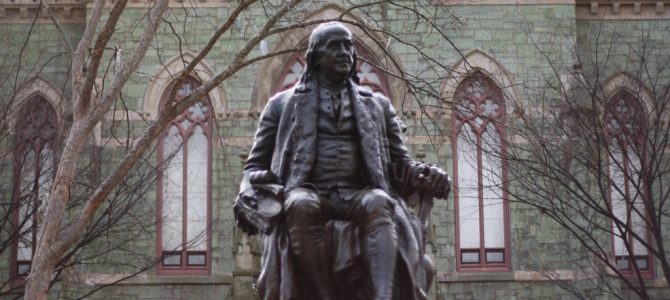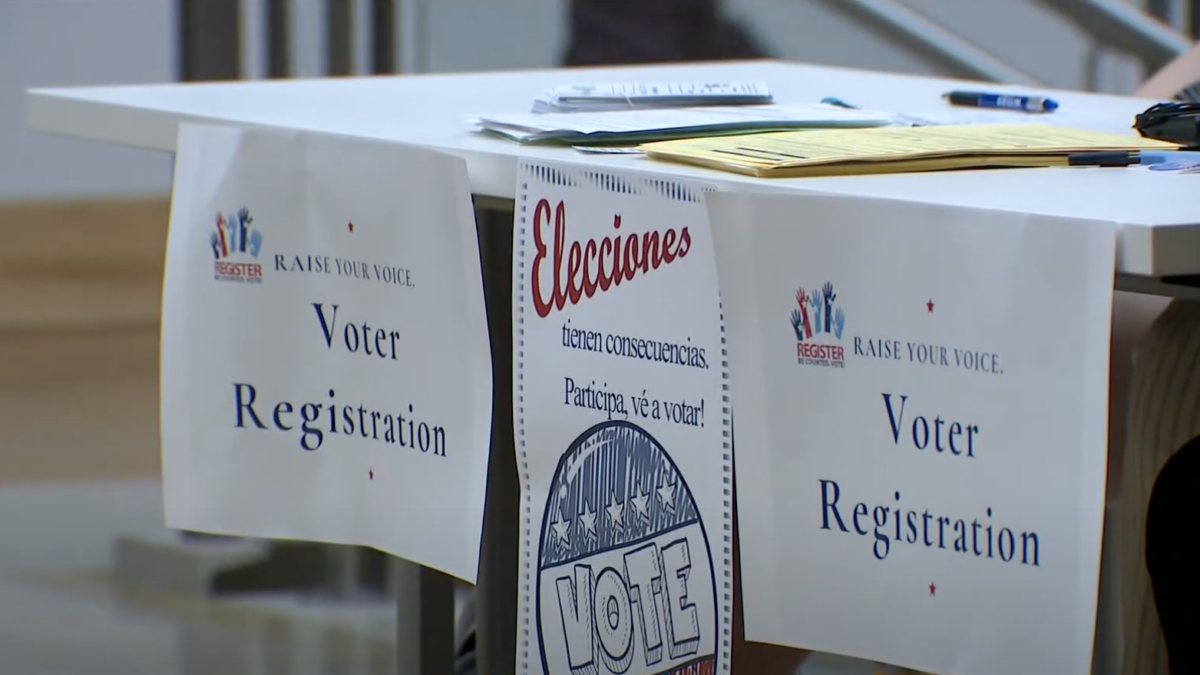It has become rare for college students or administrators to defend the First Amendment and condemn violence as a response to free speech, but student journalists at the University of Pennsylvania have done just that.
In an editorial published Tuesday night, the staff of the Daily Pennsylvanian discussed what they see as an “alarming” trend on college campuses: Students resorting to violence to protest speakers with whom they disagree. Further, the editorial staff was “disappointed” to see student newspapers at schools where violence and protests have occurred agree that free speech is a problem, rather than a solution.
The staff point to an editorial from the University of California-Berkeley’s student newspaper, which didn’t condemn the violence over an appearance by right-wing provocateur Milo Yiannopoulos. Instead, the editorial repeatedly referred to the response to Yiannopoulos as a “protest,” and even mocked the speaker for evacuating the school when things got violent.
Middlebury College’s student newspaper issued no response when those protesting a talk by scholar Charles Murray became violent and injured a professor. At Harvard, The Crimson called the university’s commitment to free speech “tone-deaf” after Canadian scholar Jordan Peterson was invited to speak. Recently, the Wellesley College newspaper explicitly stated that those who “refuse to adapt their beliefs” deserve “hostility.”
Thankfully, the editorial staff at UPenn is different, and understands that words are not violence, so physical violence is not an appropriate response.
“A speaker’s freedom from violence must be absolute. If individuals choose, as they did at Middlebury and Berkeley, to respond to speech with violence, the moral fault is theirs and theirs alone,” the editorial staff wrote. “Speech is not violence. No misguided notion of self-defense can justify responding to the former with the latter.”
Further, the editorial staff called out the increasingly broadened definition of “hate speech,” which has lost all meaning now that social justice warriors affix it to any speech with which they disagree.
“The term ‘hate speech’ can be useful for the purpose of arguing that some speech ought not to be taken seriously,” the staff wrote. “Subjectively applying the label, however, does not render the speech in question legally or ethically subject to violent or coercive suppression.”
The staff concluded by shaming those who “fail to condemn such violence.”
It is currently in a college’s best interest to side with protesters, because if they don’t, the same minority of students who appear outraged by differing viewpoints will label the administrators as racist, sexist, transphobic, homophobic and every other word in the social justice playbook. Until administrators start standing up to these kinds of protesters, it’s going to be up to students to defend free speech in the age of outrage. The Daily Pennsylvanian has taken a big, but necessary, risk. More student newspapers should follow suit.









